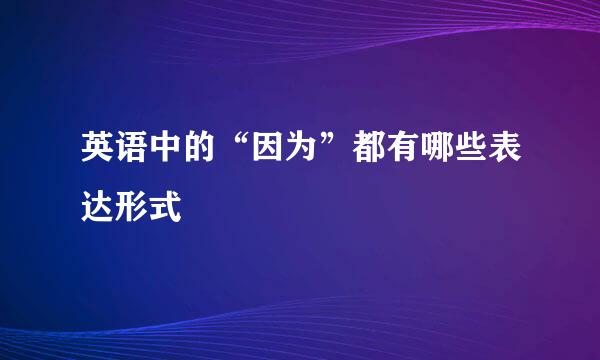英语的16种时态

时态是表示行为、动作、状态在各种时间条件下的动词形式。
一般现在时
(1)现在发生的动作、情况、状态和特征
(2)经常、习惯的动作
(3)客观事实、普遍现象
例句: I am a student.我是一个学生.
He lives in Beijing.他住在北京.
Can I help you ?我可以帮你吗?
现在进行时(be doing)
表示现在进行的动作或存在的状态
例句:He's swimming.他在游泳.
She's fishing.他在钓鱼
He's talking to her.他在和她交谈。
现在完成时(have done)
表示动作已经完成或刚刚完成
例句:Ihave already finished my work.我已经完成了我的工作.
Ihave stayed here since three years.我已经在这待了三年了.
现在完成进行时(have been doing)
表示从过去开始的某一动作,延续至今,或将持续下去
例句:How long have you been watching TV?你看了多久电视了?
It has been raining every day this month.这个月天天下雨.
She has been saying that for years.这话她已经说了好几年了.
一般过去时
(1)表示过去发生的动作
(2)过去的习惯动作
例句:I was busy yesterday.我昨天很忙.
Theyplayed basketball last week.上星期他们打过篮球.
过去完成时(had done)
表示过去发生已经完成的动作
例句:He found the key that she had lost.他丢失的钥匙找到了.
When I woke up,it had already stopped raining.我醒来时雨已停了.
过去将来时(would/should do)
表示从过去的某个时间来看将要发生的事
例句:He said he would come to see me.他说他要来看我.
It seemed as if it was going to rain.看来好像要下雨.
She told me he would go to Beijing.她告诉我她要去北京.
过去进行时(was/were doing)
表示过去的一个具体时间正在发生的动作
例句:We were having supper when the phone rang.我们正在吃晚饭时电话响了.
What were you doing at ten last night?昨晚十点时,你在做什么?
When you called,I was eating.你打电话时,我正在吃饭.
一般将来时
表示将来某一时刻的动作或状态,或将来某一段时间内经常的动作或状态
例句:This is just what I am going to say.这正是我要说的.
I will go to BeiJing tomorrow.明天我要去北京.
I will visit you next month.下个月我会来看你.
将来进行时(will be doing)
表示在将来正在发生的动作
例句:I will be going to Beijing tomorrow.我明天去北京.
What will you be doing at 6 tomorrow?你明天6点会干什么?
将来完成时(will have done)
表示在将来某一时间以前已经完成或一直持续的动作
例句:They will have come back this time next year.他们明年的这个时候回来.
When we get there,they will probably have left.当我们到达,他们可能已经离开.
将来完成进行时(shall have been doing,will have been doing)
表示某种状况一直持续到说话人所提及的时间
例句:By the end of next month,we will have been getting married for 10 years.到下个月结束,我们已经结婚十周年了.()
过去完成进行时(had been)
相对过去的某个时刻来说已经对现在有直接影响并且还在进行的动作
例句:We had talking about you when you came in.我们正说你,你就进来了.
过去将来进行时(should be doing,would be doing)
表示就过去某一时间而言,将来某一时刻或某一段时间正在进行的动作
例句:She told me that She would be going to her hometown .她对我说她要去她的家乡。
过去将来完成时(should have done,would have done)
表示从过去观点看将来某时某动作已完成
例句:If I had paid earlier I could have got this dress.要是我当时早点付款的话,我就可以得到这条裙子了.
过去将来完成进行时(should have been doing,would have been doing)
表示动作从过去某一时间开始一直延续到对于过去来说的将来某一时间
例句:By the end of the month I will have been living here for ten years.到这个月结束,我在这居住就满十年了.
版权声明:本站【趣百科】文章素材来源于网络或者用户投稿,未经许可不得用于商用,如转载保留本文链接:https://www.qubaik.com/life/19032.html



